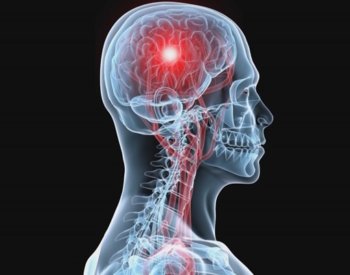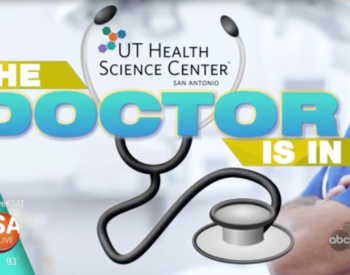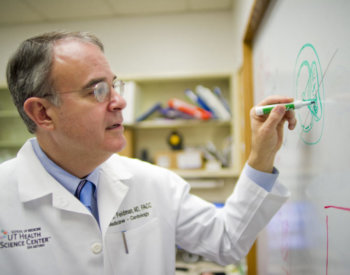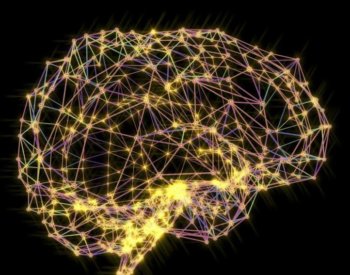SALSI awards $200,000 for brain health research initiatives
July 27, 2016
The San Antonio Life Sciences Institute (SALSI) recently awarded $200,000 through its “Clusters in Research Excellence: Brain Health” to researchers at the Health Science Center and UTSA to advance research in brain health.






